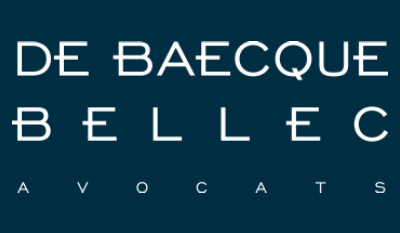WorldIPReview.com, 5 février 2013
Google has created a €60 million ‘digital publishing innovation’ fund for French newspapers, ending a six-month dispute over the use of their copyrighted material online.
The fund is part of a deal Google’s chairman Eric Schmidt and French president François Hollande signed on Friday. The deal settles a dispute between the Internet company and French publishers over links to news stories that appear on Google News.
According to a brief blog post by Schmidt, the €60 million fund will support digital publishing initiatives for French readers for three years. Under the second part of the deal, Google will assist French publishers to boost their online revenues using Google’s advertising technology.
The dispute arose in September 2012 when French publishers demanded that Google pay them for using snippets of, and links to, their content. The companies felt Google was making large amounts of money from online advertising while they were providing it with increasing amounts of content to support its business.
The proposal, which became known as the ‘link tax’, prompted Hollande to meet Schmidt in person, before the president called for Google and the publishers to negotiate a deal by December 2012, later postponed to the end of January 2013.
Unhappy at the demands, Google threatened to remove French media sites from its search results. French culture minister Aurélie Filippetti responded in November 2012 by saying that if the parties failed to sign a deal, the government would pass laws to end the dispute.
Hollande later confirmed this law would be a tax forcing Google and other search engines to pay for profiting from publishers’ content.
In January this year, the negotiations appeared to have ground to a halt, after the parties could not agree on a financial settlement.
Friday’s blog post revealed few details of the deal but France 24 reports that the settlement does not cover snippets of news that appear on Google – only links.
Olivier de Baecque, partner at de Baecque Law Firm in Paris, said the fund was designed to encourage the switch from traditional to online publishing.
“I believe the fund will cover only general newspapers – not those that are just online-focused or more specialist,” he said.
He said the dispute has been very controversial in France but not all publishers were happy with the new deal.
“Some people are saying that the €60 million figure is a failure. The view is that this is a very small sum compared to Google’s turnover in France last year, which was €1.4 billion.”
He added: “This case shows how much bargaining power Google has.”
The French proposal, in September 2012, followed a similar initiative in Germany, under which Internet aggregators and search engines may have to pay publishers for using their content. Draft legislation is working its way through the German parliament.
In Belgium, a group of French-language publishers and Google cut a deal in December 2012 that ended six years of litigation. The financial details of the deal were undisclosed, but Google agreed to help boost the publishers’ advertising revenue.
De Baecque said the French case re-emphasised the difficulty of finding a fair solution to paying for copyright on the Internet – and that value remains unclear.
